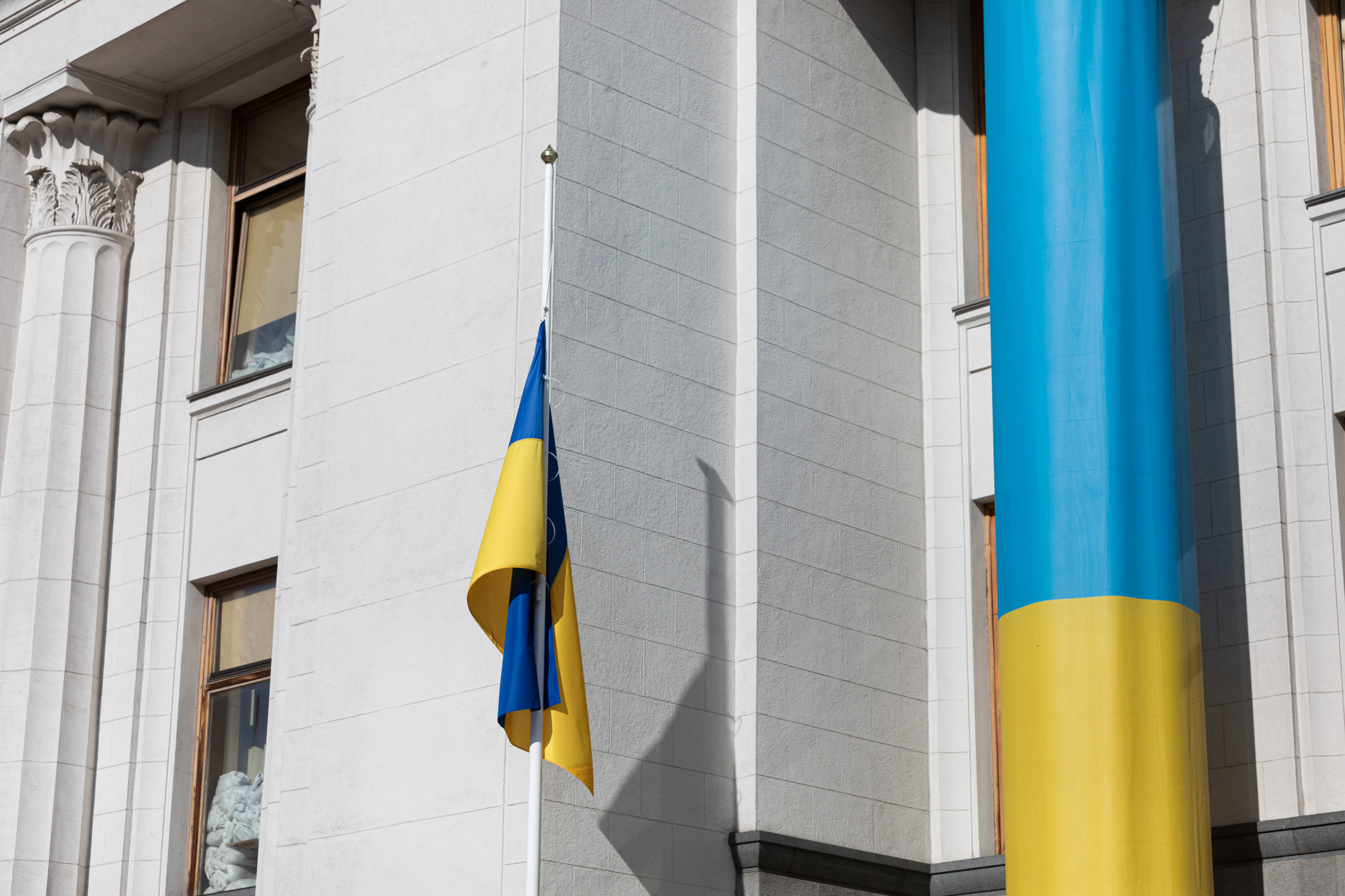Europe must prepare for the consequences of the oil embargo. To introduce it is a mistake from which both Europe and Ukraine will lose. There is a more efficient solution.
The fastest way to stop the war–short of NATO troops openly joining the fight–is by depleting Russian resources needed to finance it. With roughly 60% of Russia’s revenues being sales of fuels, namely oil, gas, and coal, the EU is getting ready to impose an embargo on Russian oil. An unpopular but necessary move that will hurt production and potentially make millions of Europeans lose their jobs. The cost is undoubtedly well worth the benefit–peace and prosperity of the European continent–but is this really the best and only option? By proposing an alternative to simply stopping paying the bills we argue otherwise.
If Europe does impose an embargo, it would be a major but temporary measure: Holding it forever is like shooting oneself in the foot. Ideally, it should drain Russia’s finances and last until it withdraws its forces from Ukraine. Even without this additional pressure, this is expected to happen in two to seven months, according to various estimates; faster with the embargo imposed. Then the embargo should be lifted – first, to help Europe economically, and second, to make a part of Russia’s exports serve as reparations paid to rebuild Ukraine.
In the meantime, Russia will get strong incentives to redirect the flow of oil to the east, primarily to China, which is now buying about 1/3 of all its energy exports, albeit at a 30% discount. For the duration of the embargo, Russia can increase the discount to 50% or even sell at cost. When the embargo is finally lifted and oil exports to Europe resume, their volume won’t return to pre-war levels. First, part of the infrastructure will now be oriented to selling to China. Second, due to risk diversification reasons. This will not only reduce possible reparations, but will also make Russia more independent from Ukraine and the collective West.
There is a better option.
The West continues buying Russian oil as before. However, until the end of the war, the payments will be accumulating in a special account at the European Central Bank. But unlike the reparations mechanism, here, Russia does not get access to this account at all until the end of hostilities and the withdrawal of its troops from Ukraine. There are multiple advantages of this approach as it imposes substantially lower costs on Europe (economical and political) and provides better prospects for Ukraine and the West.
Indeed, between diverting its oil to China at a 50% discount or plugging the wells on one hand, and continuing selling it to Europe at full price with delayed (for several months) payment on the other, Russia might choose the latter. Especially given that there is a substantial fixed cost of using the first option. This will also create additional incentives for Russia to withdraw its troops sooner rather than later, since $500m deposited at the account in the ECB every day is not a trivial amount to ignore. This extra incentive doesn’t exist under the “embargo” scenario, and it definitely benefits Ukraine. At the same time, European taxpayers and businesses will not see gas prices shooting for the sky as oil will continue being imported.
Of course, there is always a non-zero chance that Russia will reject the deal, burn the bridges and shut off its exports to the West. Then we are back at the embargo option already described above. The only difference is that now it’s Russia, not Europe, making the decision. This hostile measure will unite, not divide, European taxpayers, will be more politically appealing than the Europe-imposed embargo, and could appeal even to embargo-skeptics, such as Hungary. While this scenario is definitely possible, its probability is not one hundred percent. Therefore, while Europe still needs to be economically ready for the embargo, it should not impose it itself.
Attention
The authors do not work for, consult to, own shares in or receive funding from any company or organization that would benefit from this article, and have no relevant affiliations



